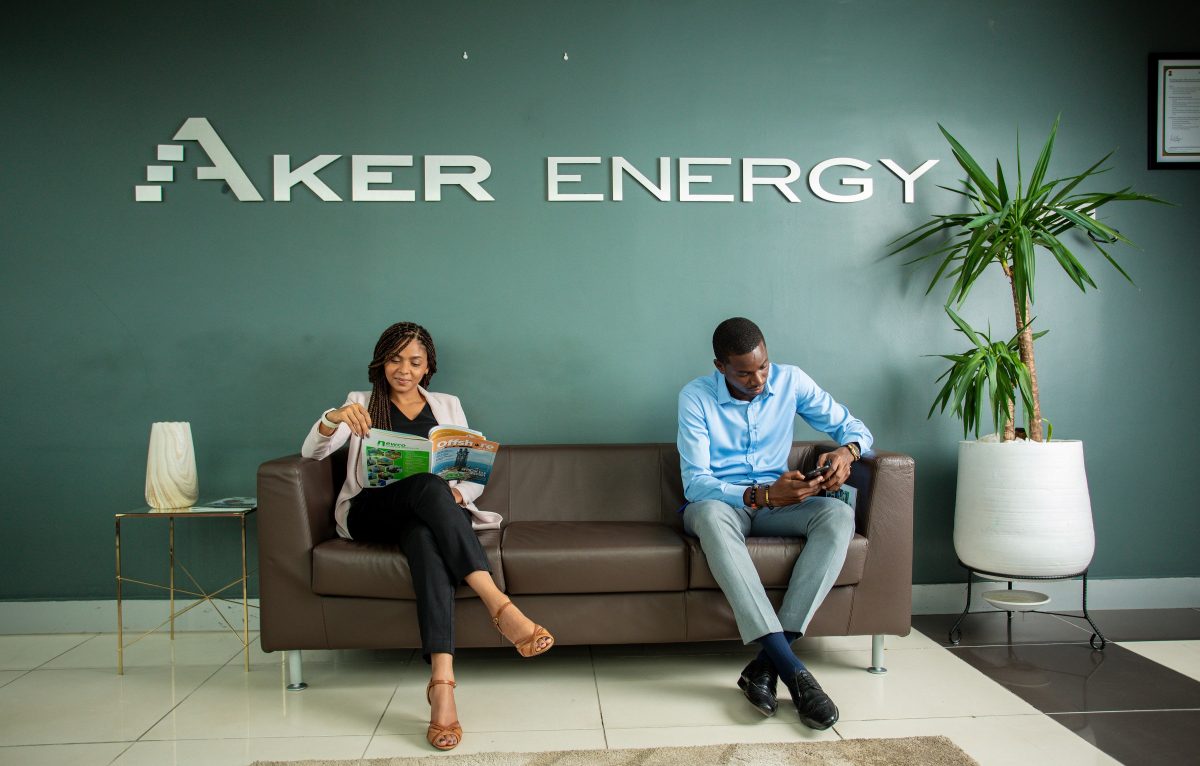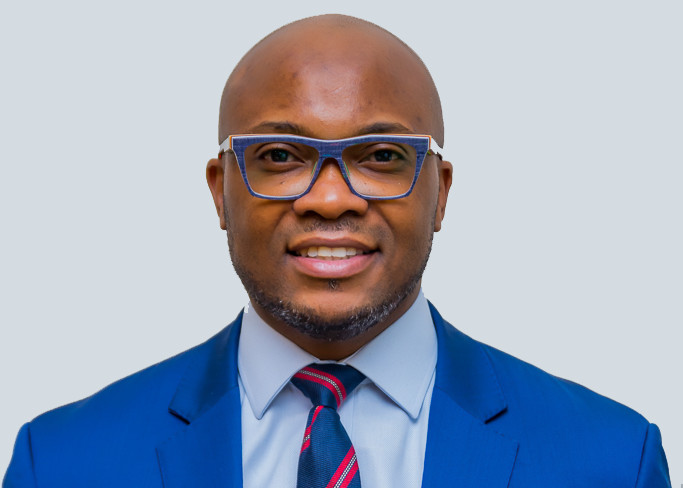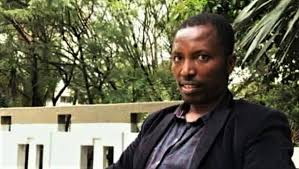Samaila Zubairu Joins Ghana’s Aker Energy as Member, Board of Directors
The President and CEO of Africa Finance Corporation (AFC), Mr. Samaila Zubairu has joined the Board of Aker Energy AS, as Vice Chairman of Aker Energy Board of Directors. Mr. Zubairu’s membership of the Board of Aker Energy is seen as a step in the right direction as he will bring his wealth of experience in infrastructure financing and management to bear on Aker Energy’s projects. The Africaa Finance Corporation (AFC) is the leading infrastructure solutions provider in Africa with 25 African member countries and has invested US$6 billion across 29 African countries. Ghana, where Aker Energy’s Pecan field is located, is in addition to being a member state also an equity shareholder of AFC.

Speaking on the development, the Chairman of the Board of Directors of Aker Energy Sverre Skogen said that AFC is an important partner to Aker Energy and that Aker Energy is honoured to welcome Mr. Samaila Zubairu to the Board, as he brings extensive experience with innovative infrastructure development and financing across the African continent, as well as geopolitical and industrial insight.
Read also: The International Finance Corporation Injects $10 million to Finance SMEs in Nigeria and Ghana
Aker Energy is part of the Norwegian Aker group of companies and is, through its subsidiary Aker Energy Ghana Ltd., the operator of the Deepwater Tano / Cape Three Points (DWT/CTP) block offshore Ghana. Aker Energy has its sole focus in Ghana and has submitted a Plan of Development and Operations (PDO) for the block. Speaking, Mr. Zubairu said that AFC’s investment in Aker Energy is an exciting milestone – “we have partnered with the subsidiary of one of the most highly respected international oil, gas and industrials companies to support its first project in the African market as an operator. This is an opportunity for AFC to invest alongside a technically and financially strong sponsor that requires project development expertise and public sector advice in Africa, both of which AFC is ideally placed to offer. It is therefore a great honour to now also being joining the Board of Aker Energy as Vice Chairman”.
In July 2019, AFC became an investor in Aker Energy following the issue of subordinated convertible bonds of USD 100 million with a mandatory conversion to equity in the event of an Initial Public Offering (“IPO”) of Aker Energy. AFC intends to take part in other capital market activities initiated by Aker Energy in the future.
Read also : MainOne Expands to West African Sub-Region, Lands in Ghana
Mr. Zubairu has previously served as CEO of AfriCapital Management Limited and as CFO of Dangote Cement Plc. Mr. Zubairu is an Eisenhower Fellow and sits on the Eisenhower Fellowship’s Global Network Council,. He holds several non-executive board positions including the Advisory board member for KSE Africa a leading operations and management provider of captive power plants in the mining sectors in Botswana and Nigeria. Mr. Zubairu, is a Fellow of the Institute of Chartered Accountants, Nigeria (FCA) and holds a BSc in Accounting from Ahmadu Bello University, Nigeria. He is an Ex-Boy of the Nigerian Military School, Zaria.
Kelechi Deca

Kelechi Deca has over two decades of media experience, he has traveled to over 77 countries reporting on multilateral development institutions, international business, trade, travels, culture, and diplomacy. He is also a petrol head with in-depth knowledge of automobiles and the auto industry.

















